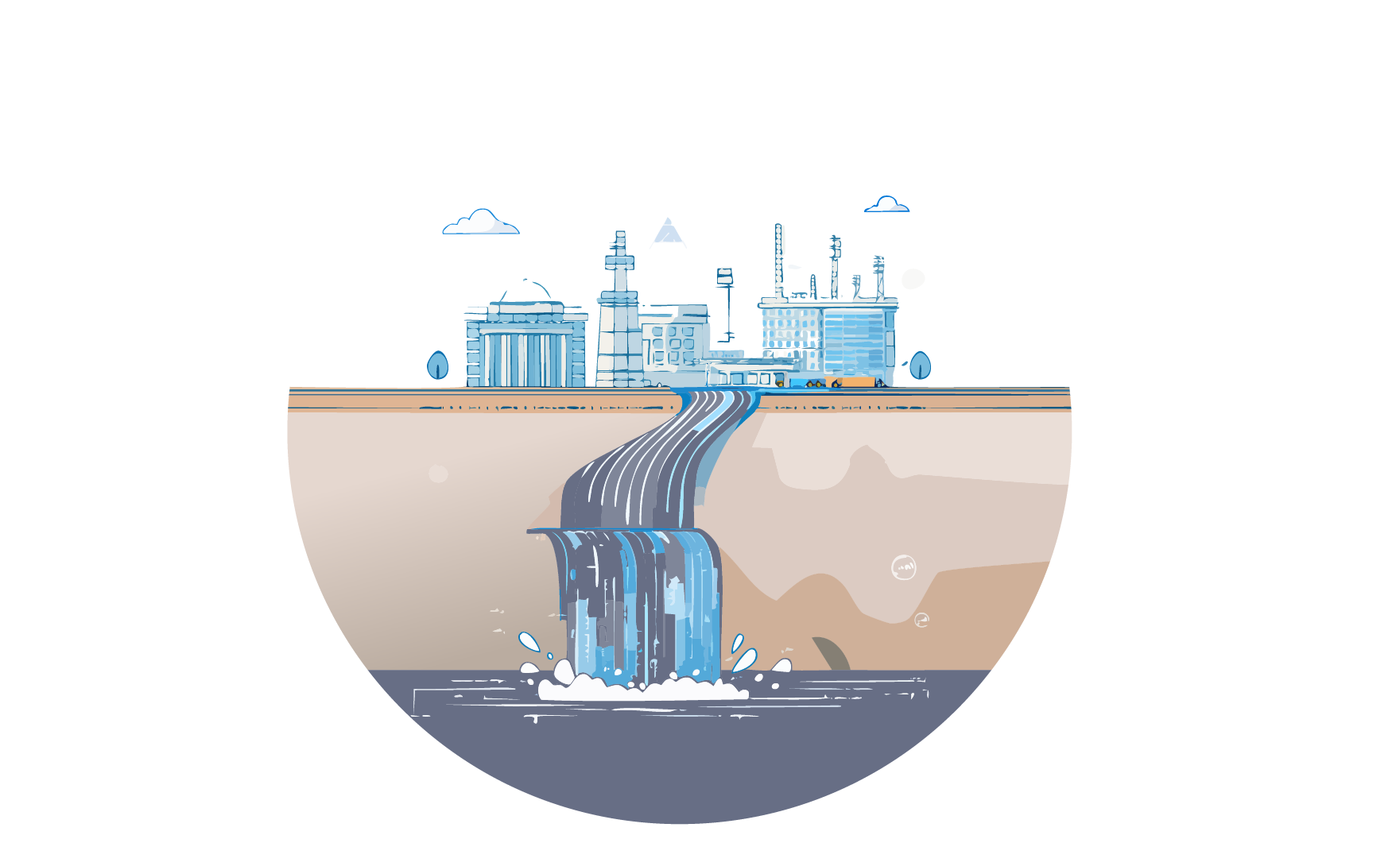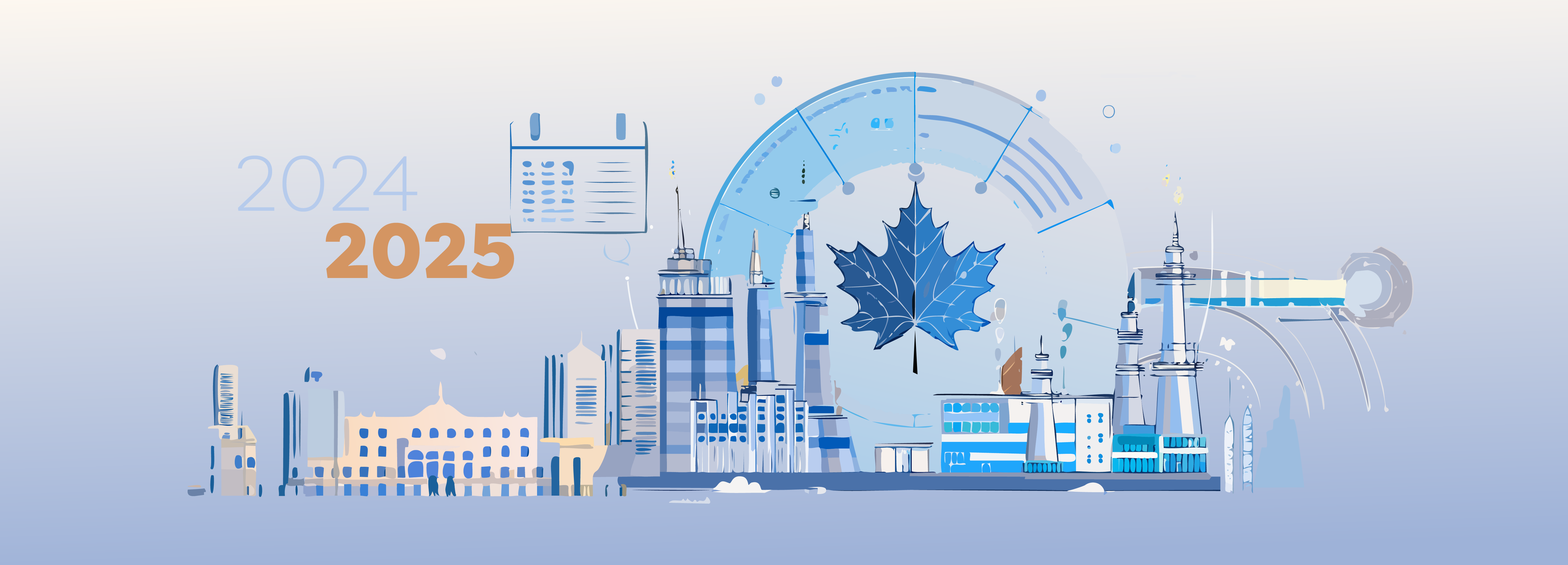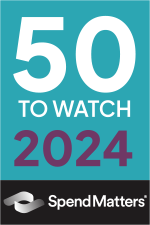Blood Batteries: What Supply Chain Leaders Need to Know About Cobalt
A new report by Siddharth Kara, Blood Batteries: The human rights and environmental impacts of cobalt mining in the Democratic Republic of the Congo (2025), reveals that the majority of the world’s cobalt is extracted under conditions that raise serious red flags for compliance, procurement, and sustainability teams.
What’s In The Report
Forced and Child Labor Are Widespread
The study surveyed over 1,400 artisanal and small-scale miners (ASM) in the cobalt-rich provinces of the DRC. Nearly 37% met the definition of forced labor, and almost 1 in 10 were children. With no written contracts, no unions, and daily incomes averaging just $3.28, most miners work because survival leaves them no alternative.


ASM and Industrial Supply Chains Are Intertwined
The report dismantles the idea that artisanal and large-scale mining (LSM) can be neatly separated. In practice, ASM cobalt is routinely mixed with industrial output at depots, processing facilities, and even inside industrial concessions themselves. Once blended, it is impossible to distinguish “clean” cobalt from cobalt mined under exploitative conditions. This raises fundamental challenges for audit programs and certification schemes.
Environmental and Health Impacts Are Severe
Satellite and geospatial analysis show vast loss of farmland and water sources around Kolwezi due to mining expansion. Water samples from nearby rivers and wells contained toxic metals at levels up to 930 times higher than WHO guidelines. Communities relying on these sources suffer chronic illness, while environmental destruction removes alternative livelihoods, reinforcing the cycle of poverty and child labor.

Why This Matters for Supply Chain and Procurement Professionals
Due Diligence Laws Are Expanding: With regulations like the EU’s Corporate Sustainability Due Diligence Directive (CSDDD) and the U.S. Uyghur Forced Labor Prevention Act, procurement leaders must be prepared to show real visibility into mineral sourcing.
Audits Alone Are Not Enough: The blending of ASM and LSM cobalt makes traditional certification schemes insufficient. Companies must invest in deeper traceability and supplier mapping.
Reputation and Risk Management: ESG failures in the cobalt supply chain are not abstract — they represent direct reputational, operational, and regulatory risks. Customers and investors increasingly demand verifiable proof of responsible sourcing.
How FRDM Can Help

Map Your Supply Base Beyond Tier 1 – FRDM traces suppliers down to raw materials, uncovering hidden connections to high-risk regions and commodities like cobalt.

Monitor Risk Signals Continuously – Our platform tracks human rights, environmental, and regulatory risks in real-time so you’re not blindsided by hidden issues.

Support Compliance & Action – FRDM equips procurement and compliance teams with the data and tools needed to meet due diligence regulations, respond to ESG risks, and engage suppliers in remediation.
Recommendations
The cobalt that fuels our clean energy future comes at a devastating human and environmental cost. For professionals in supply chain compliance and procurement, ignoring these risks is no longer an option.Pick the top 5% (by spend) of suppliers providing goods and services requiring the use of cobalt. Share this report with them and do a quick review of their policies regarding responsible sourcing. Determine how many of them are tracing risk in their own supply chain.
Read the full report: Blood Batteries by Siddharth Kara (2025).










